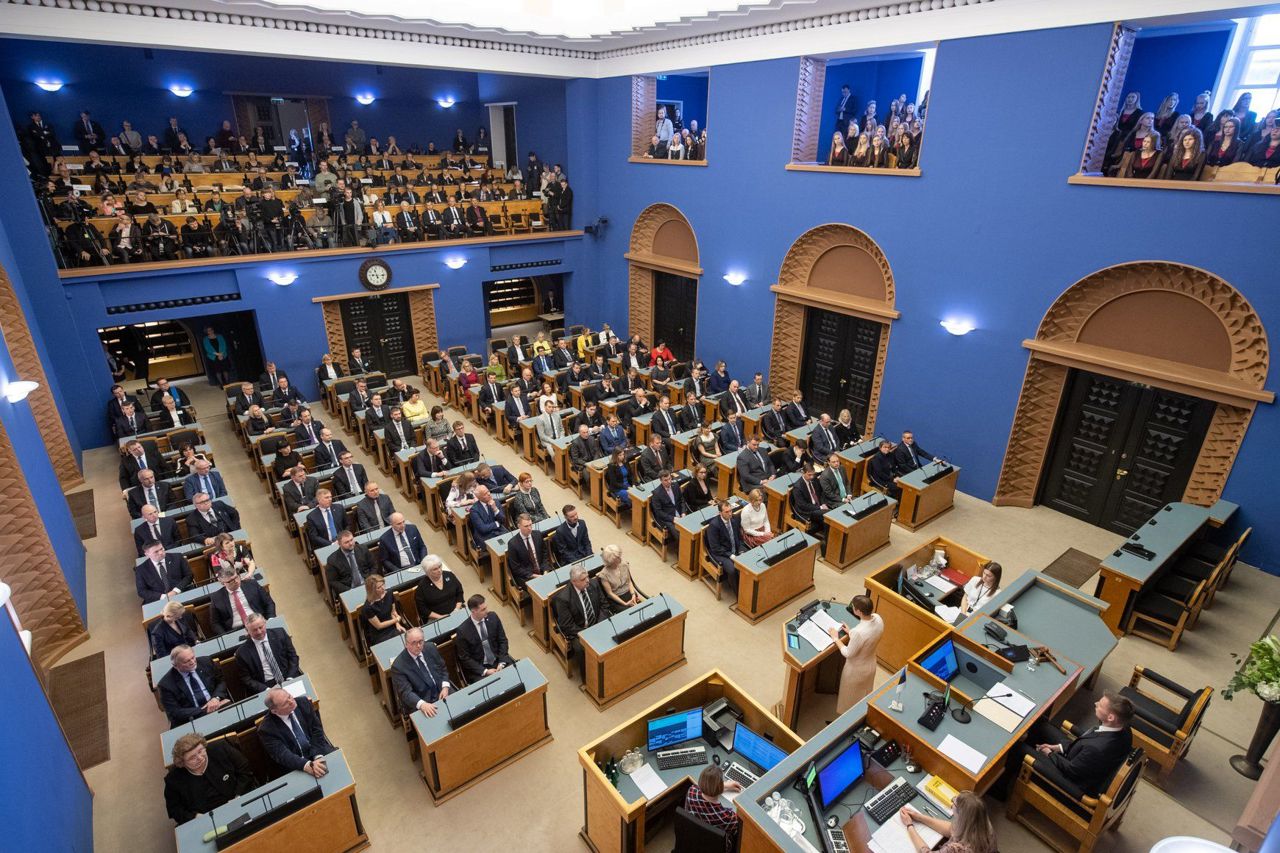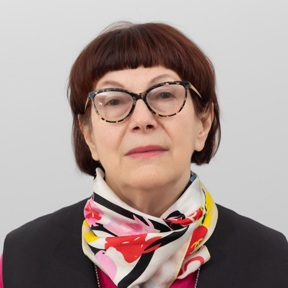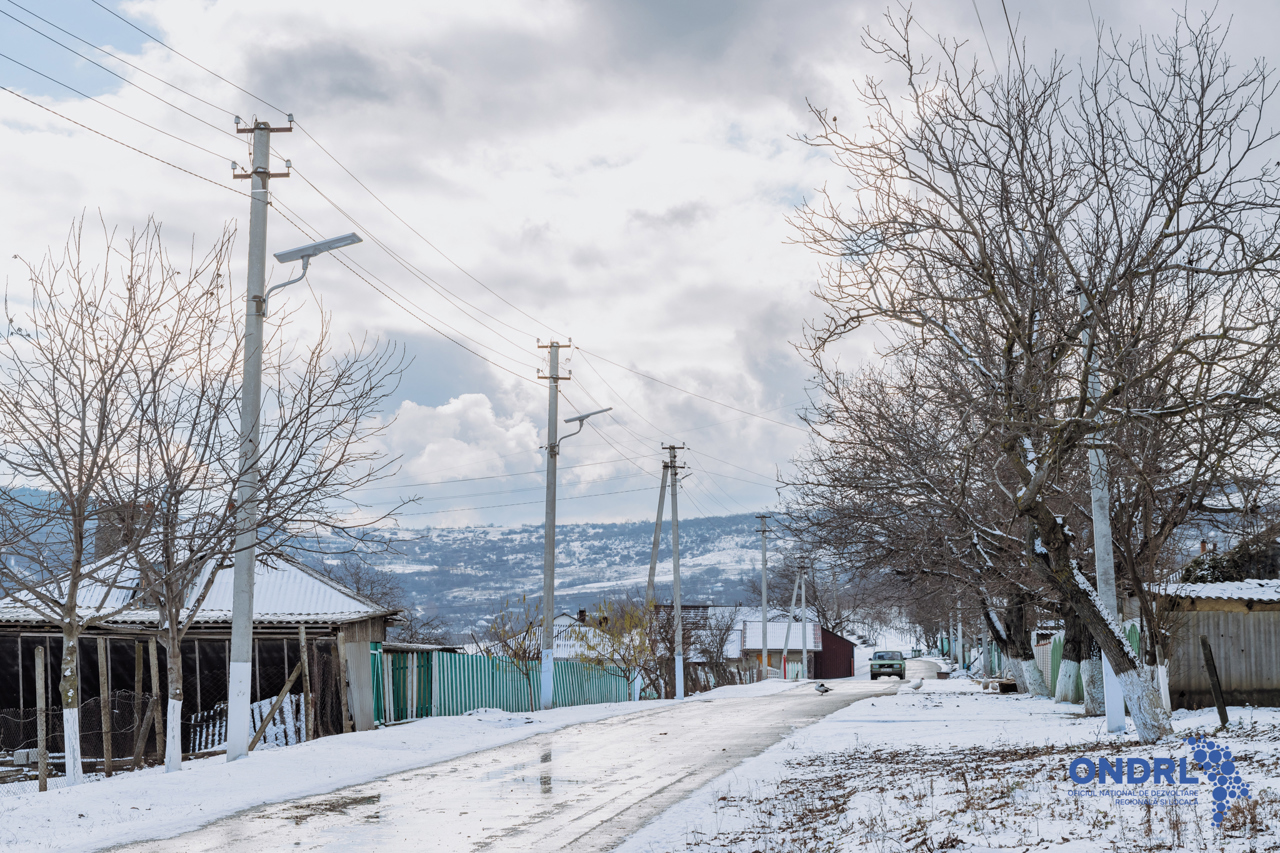Estonian Parliament Condemns Russian Church's Role in Ukraine Conflict
The Estonian Parliament has endorsed a resolution declaring the Russian Orthodox Church as "an institution sponsoring the military aggression of the Russian Federation."

Known also as the Moscow Patriarchate, the Church strongly supported Russia's war against Ukraine. Patriarch Kirill, the leader of the church, is a staunch supporter of Russian President Vladimir Putin and has been accused of deploying his subordinates from Ukraine and other countries to disseminate Russian propaganda, according to The Kiyv Independent.
"Since the Russian Federation launched its large-scale war against Ukraine in 2022, Patriarch Kirill of Moscow has publicly expressed support for the act of aggression by the terrorist regime of the Russian Federation. The leaders of the Moscow Patriarchate and Patriarch Kirill use the ideology of the 'Russian World' as a tool to promote the war. This ideology is utilised to dismantle the remnants of Russian democracy, militarise Russian society, and justify aggression to expand the Russian Federation to all territories previously under its dominance, including Ukraine," reads the statement from the Estonian parliament.
The parliament specifically noted that the statement refers to the church as an institution and not to its congregations.
"Estonia must uphold the constitutional right to religious freedom, fully considering the rights and freedoms of all who reside here," the statement concludes.
Previously, Estonia accused the leaders of the Estonian Orthodox Church, a branch under the jurisdiction of the Moscow Patriarchate, of supporting Russia's large-scale war.
Metropolitan Eugene, the leader of the church, left Estonia in February after the government decided not to extend his residence permit due to his public statements and actions supporting Russian aggression.
Ukraine has also accused the Ukrainian Orthodox Church, linked to the Moscow Patriarchate, of supporting Russia's large-scale war.
In April, the Ukrainian Security Service (SBU) announced that Metropolitan Arseny, who served at a church in the Donetsk region, was suspected of disclosing information about the location of Ukrainian troops in the area.
Translation by Iurie Tataru






